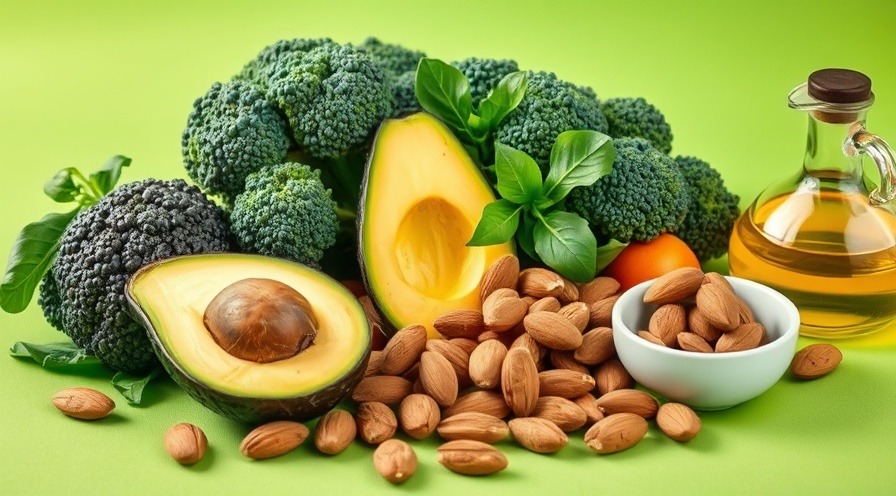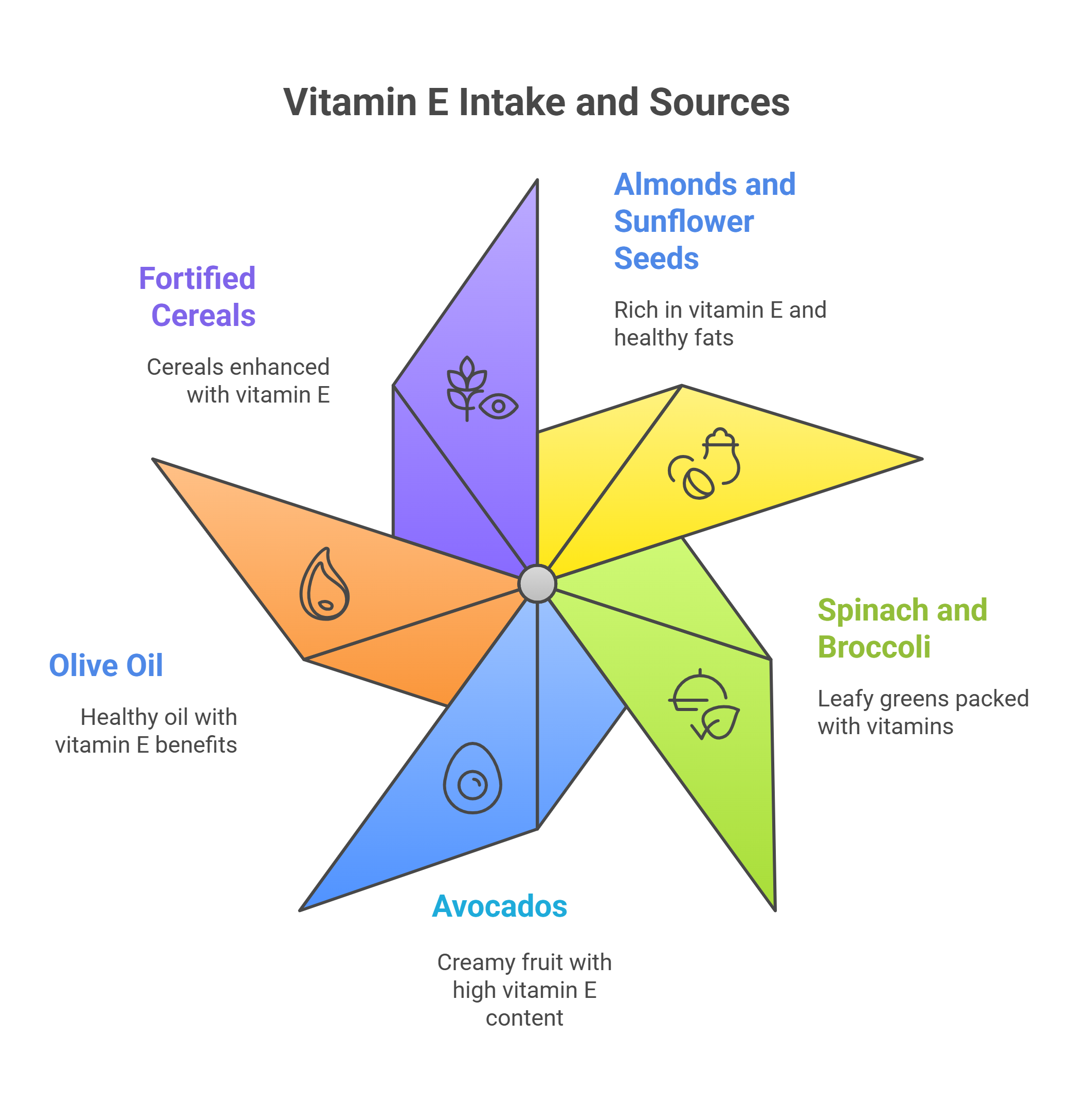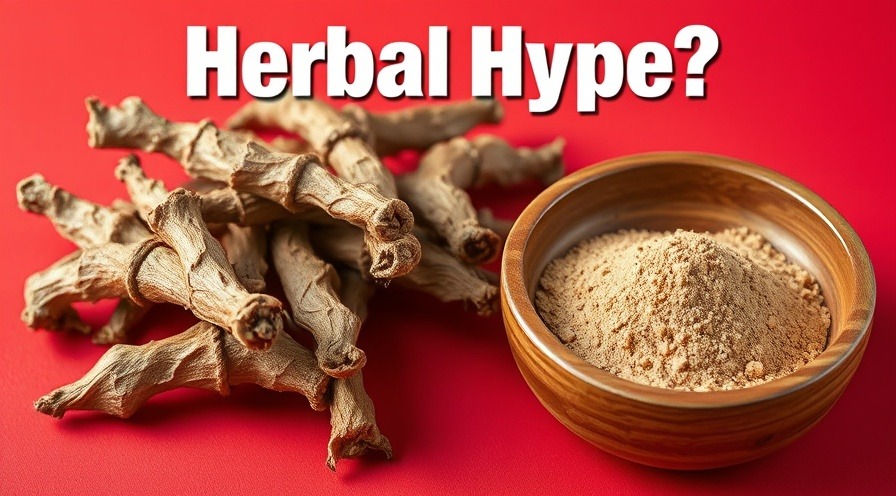
Understanding Vitamin E: The Antioxidant Powerhouse
Vitamin E, a vital nutrient that often finds its way into skincare products and dietary supplements, plays a significant role in maintaining health. Classified as a fat-soluble antioxidant, it protects our cells from the damaging effects of free radicals—unstable molecules that contribute to aging, inflammation, and chronic diseases. While many are familiar with vitamin E mainly for its beauty benefits, understanding its full range of advantages can help individuals make informed health decisions.
In 'Vitamin E and Heart Health: Can It Lower Your Risk of Disease?', the discussion dives into the benefits and limitations of vitamin E, exploring key insights that sparked deeper analysis on our end.
Proven Benefits of Vitamin E
Vitamin E boasts several proven health benefits that encourage its regular consumption. Some core functions include:
Antioxidant Protection: Vitamin E aids in safeguarding cell membranes from oxidative stress, essential for overall health, including heart function and skin vitality.
Immune Function Support: Particularly crucial for older adults, vitamin E helps maintain healthy immune system regulation, reducing the risk of infections.
Skin Health: Used topically, vitamin E can enhance skin hydration and may assist in diminishing scars and calming sunburns.
Eye Health: Some research indicates that vitamin E may aid in slowing the progression of age-related macular degeneration (AMD) when paired with other antioxidants.
Assessing the Disease Prevention Claims
Despite the numerous benefits of vitamin E, its role in preventing major diseases is complex. Research indicates that while low vitamin E levels may correlate with a higher risk of heart disease, cancer, and cognitive decline, the efficacy of high-dose supplements remains debated. For instance, early studies suggested potential heart health benefits, but more recent investigations have shown minimal impact from supplementation.
Moreover, some studies imply that excessive doses may increase cancer risk in certain groups, such as smokers, while brain health benefits appear inconsistent. In participants with Alzheimer’s disease, marginal benefits were noted, but the same has not been observed in healthy adults.
Recommended Intake and Food Sources
The recommended daily intake of vitamin E is approximately 15 mg, or 22 IU, for adults. Most individuals can meet their vitamin E needs through a balanced diet rich in various foods. High-quality food sources include:
Almonds and sunflower seeds
Spinach and broccoli
Avocados
Olive oil
Fortified cereals
For individuals with absorption disorders such as Crohn’s disease or cystic fibrosis, supplements may be beneficial. However, it's important for most adults to remember that more isn't necessarily better—high doses can inhibit blood clotting and interfere with medications.

Balancing Vitamin E for Health
The takeaway is clear: vitamin E is essential for overall health, primarily due to its antioxidant properties. Yet, unless you are deficient, it's wise to prioritize obtaining vitamin E through food rather than high-dose supplements. A balanced approach will serve your body better in the long run.
Why This Matters to Your Health
In a world consumed by quick-fix solutions and dietary supplements, understanding the role of vitamin E is vital, particularly for parents and adults involved in wellness decisions for themselves and their families. Being informed about nutritional needs fosters a healthier lifestyle approach, empowering individuals to make better dietary choices.
In conclusion, vitamin E is a key player in our health, protecting against cell damage and supporting vital functions. As we navigate the landscape of health products and diets, embracing the natural sources of this nutrient can promote not just our heart health, but our overall wellbeing.
 Add Row
Add Row  Add
Add 




Write A Comment